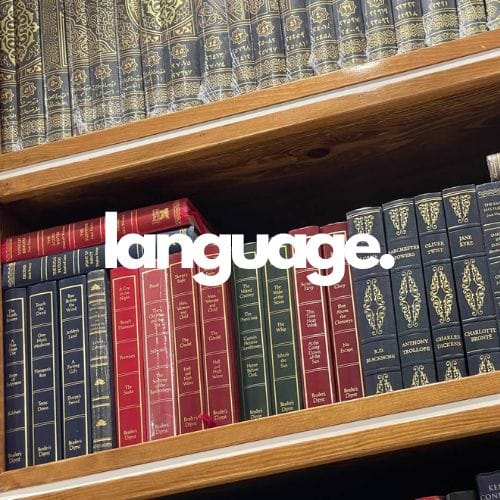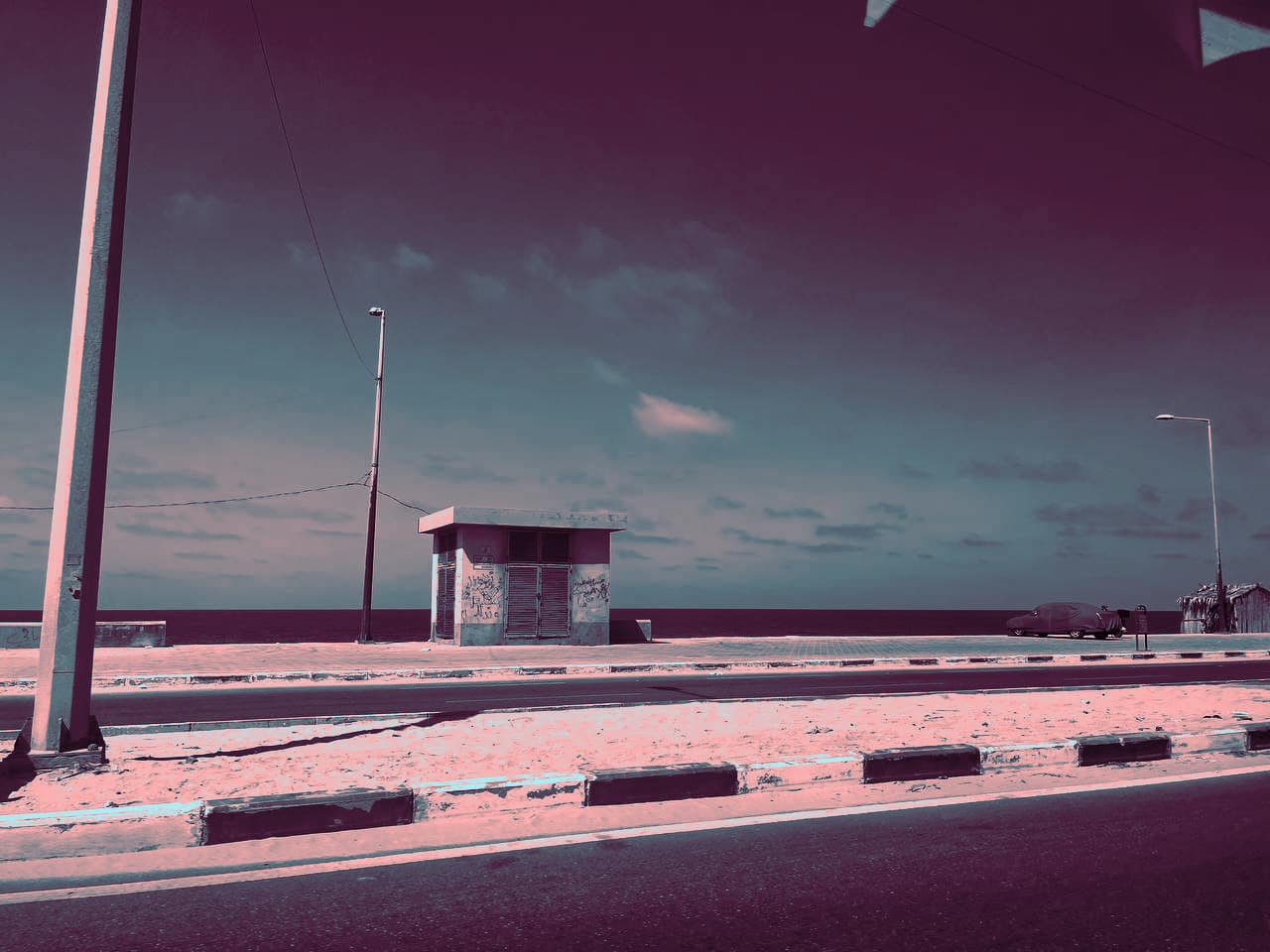“The limits of my language mean the limits of my world.” — Ludwig Wittgenstein
Interestingly enough, we can let Mr. Wittgenstein know that, despite Gaza being a besieged territory under occupation, Gazans do not allow themselves to be limited. Gazans speak Arabic as well as foreign languages, primarily English and Hebrew. However, even the way in which they speak their mother tongue is not limited, with various dialects preserved and being used in the Strip daily. Furthermore, Gazans are not only interested in learning English and Hebrew. While this might shock the world, Gazans are a worldly bunch with much respect for and interest in the various cultures of the world.

Arabic serves as the official language in Gaza, with many Gazans also proficient in Hebrew and English.
Foreign languages
Foreign language holds significant importance in education, where English is taught from pre-K to tawjeehi (the senior year of high school). Additionally, language camps and facilities offer instruction in languages beyond Arabic and English, such as French, Hebrew, and Turkish.
Hebrew, particularly, is more commonly spoken among older generations due to the previous mandatory teaching under the Israeli occupation and prevalence of work opportunities in Israel.1
Proficiency in English is essential for many majors, including those related to STEM and medicine, as they are taught solely in English in colleges and universities. The emphasis on English education in Gaza from pre–K onwards has made it the dominant second language in Gaza. Beyond education, fluency in English offers access to numerous work and school opportunities. Its popularity in global media and entertainment is considered an added benefit.2
Fun fact! Japanese is also popular among Gazans, as many of them were raised on anime shows broadcasted on channels like Spacetoon. There is a vibrant anime and manga community in the Strip, where screenings of popular anime movies like “Your Name” have been held and manga can be found in local bookstores.
Local dialects
One lesser-known aspect of Gazan culture is the preservation of dialects by refugees, which dates back to 1948. Many Gazans maintain dialects no longer spoken in their original lands, a testament to their commitment to heritage.3 Alongside cherished keys and land deeds, refugees in the Gaza Strip also hold onto unique foods and linguistic nuances to stay connected to the villages, towns, and cities of their ancestors. Despite living in Gaza for generations, their longing to return to their beloved lands remains strong. Different areas within Gaza, such as Khan Younis and Rafah, exhibit dialect variations from the main governorate and city of Gaza. Even within refugee camps, distinct dialects are noticeable to Arabic speakers. This diversity of dialects amid challenging circumstances highlights the resilience and richness of Gazan culture.
Coming soon: Here on MDG.com, we plan to release a dictionary to allow readers to discover unique words and expressions that capture the essence of Gazan identity, including variations of them across Gaza’s different dialects. The dictionary will be a fun—and indispensable–resource for English and Arabic speakers alike!
References
- BBC. (n.d.-a). اللغة العبرية في مدارس غزة، لغة العدو أم لغة المصلحة؟. BBC News عربي. https://www.bbc.com/arabic/middleeast/2013/02/130222_hebrew_gaza_school ↩︎
- Sept. 1. (n.d.). English study an escape for Gazans. Al. https://www.al-monitor.com/originals/2015/07/gaza-youth-learn-english-language-job.html ↩︎
- Cotter, W. M. (2020, December 29). The Arabic dialect of Gaza City: Journal of the International Phonetic Association. Cambridge Core. https://www.cambridge.org/core/journals/journal-of-the-international-phonetic-association/article/arabic-dialect-of-gaza-city/113B3B1B335345BD9E8929ADFEC9126A ↩︎
